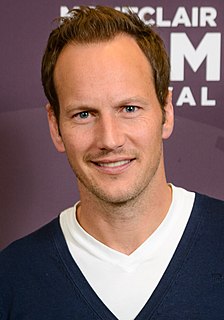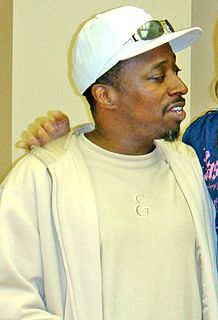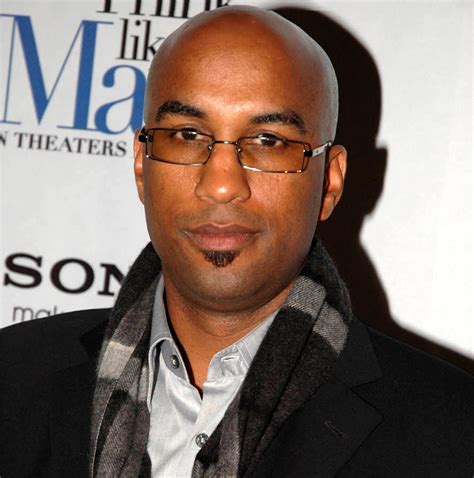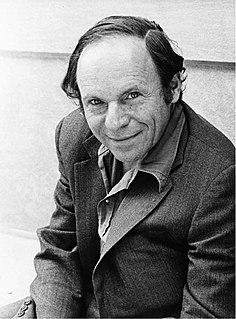A Quote by Joe Dante
Movies get found in the editing room. The movie that you make is not always necessarily the movie that comes out of the editing room. The trick is to perfect the movie that you have and make it the best version of what you've shot, regardless of what the intent may have been.
Related Quotes
In editing, you really face what the movie is. When you shoot it, you have this illusion that you're making the masterpieces that you're inspired by. But when you finally edit the movie, the movie is just a movie, so there is always a hint of disappointment, particularly when you see your first cut.
I watched a lot of movies from all over the world. The Russians were very good at editing. They were specialists in editing. The Man with a Camera, if you know that movie, is incredible. I still don't understand how it works. It's a movie with no script, no actors and still it works. It's really good. It's really about editing.
When we were shooting the movie, and of course in the editing room we had to make choices, but the shots fall almost exactly where we thought they would. They're not about content; they're never meant to be about what just happened. There's that weird phenomenon where the more you like a movie the more your mind wanders and goes all over the place.
All three parts of filmmaking [writing, shooting, editing] contribute to rhytm. You want the script to be a tight as possible, you want the acting to be as efficient as possible on the set, and you have enough coverage to manipulate the rhythm in the editing room, and then in the editing room you want to find the quickest possible version, even if it's a leisurely paced film. I definitely in filmmaking more and more find writing and directing a means to harvest material for editing. It's all about editing.
It really has been a blessing because you can go and look at our other movies we've done in a studio system. We didn't get to make the movie that we wanted to make. We made the movie that someone else wanted us to make. That can be a little disheartening, a lot disheartening. While there have been struggles, it doesn't matter which table you're at because you're going to have obstacles, but I kind of like being able to make the movie that you want to make.
Ultimately your job as an actor is to perform however you're being asked to perform and there's many different procedures as an actor that you're going to run into that you should be prepared for and be ready to go to work and do the best you can and give the director the best thing you can to hopefully give him things on that day that could be shot preserved and out into a canned, then when they go into the editing room that's where a movie's made.




































